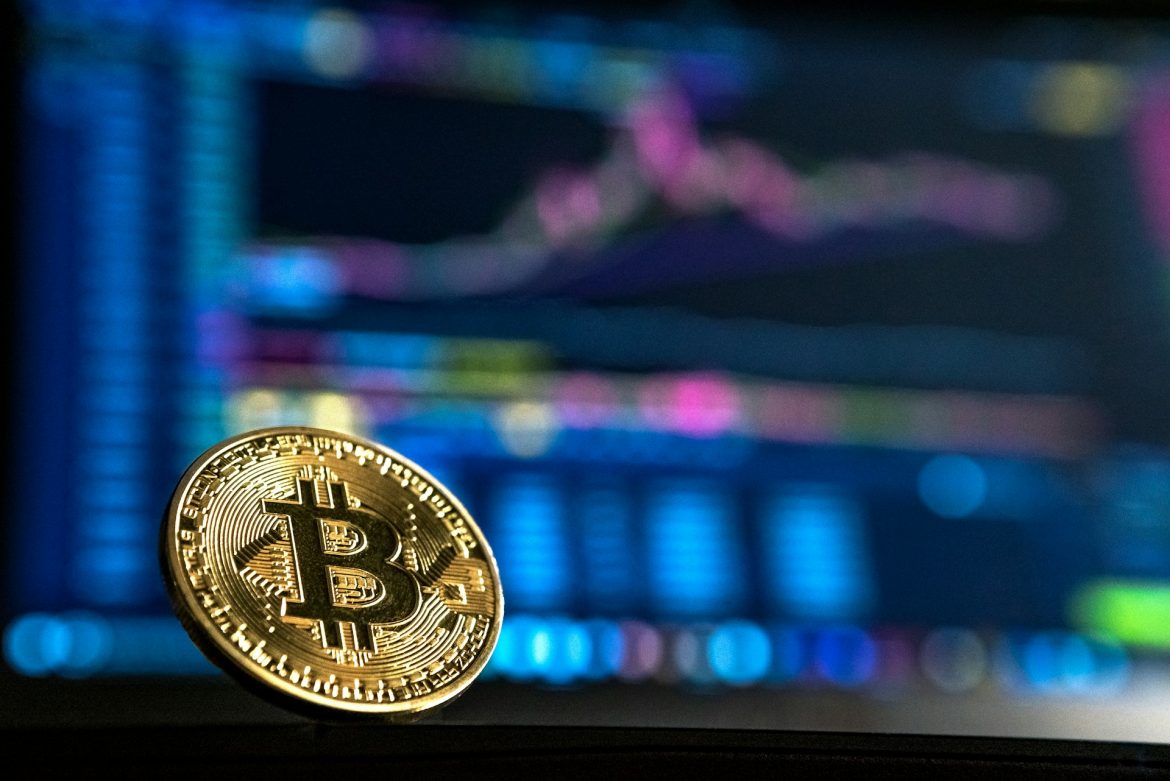Lebanon is currently grappling with what the World Bank deems one of the most severe global crises since the mid-nineteenth century. The crisis has its roots in thirty years of misguided fiscal and monetary policies, resulting in a staggering 95 percent depreciation of the national currency. The repercussions include a collapsed currency, rampant corruption, and a banking sector in disarray. Samar Hawa, associated with Rebirth Beirut, observes the adverse impact of these challenges on the Lebanese populace.
In the face of adversity, Samar reflects on the resilience of the Lebanese people, likening them to a Phoenix rising from the ashes. This sentiment aligns with the mission of Rebirth Beirut, an initiative dedicated to aiding Lebanon during its economic crisis and the subsequent process of societal reconstruction.
The Lebanese Pound, also known as the Lebanese Lira, has suffered a drastic depreciation, leaving individuals like Samar grappling with the erosion of their life savings. The situation took a turn for the worse on October 17, 2019, when even USD deposits underwent a transformation into what locals colloquially refer to as ‘Lollars,’ a term coined by a Lebanese economist. This meant that a $100 deposit in the bank effectively translated to only $10 usable, highlighting the stark devaluation and the grim financial reality confronting the nation.
This scenario not only underscores the crippling financial crisis but also serves as a stark illustration of third-party risk, as banks faced insolvency following a bank run. It exposes the vulnerabilities associated with centralized policymaking that may not consistently align with the best interests of the people. Despite enduring four years of chaos, Lebanon continues to lack essential components such as a capital control law and effective crisis management measures.
